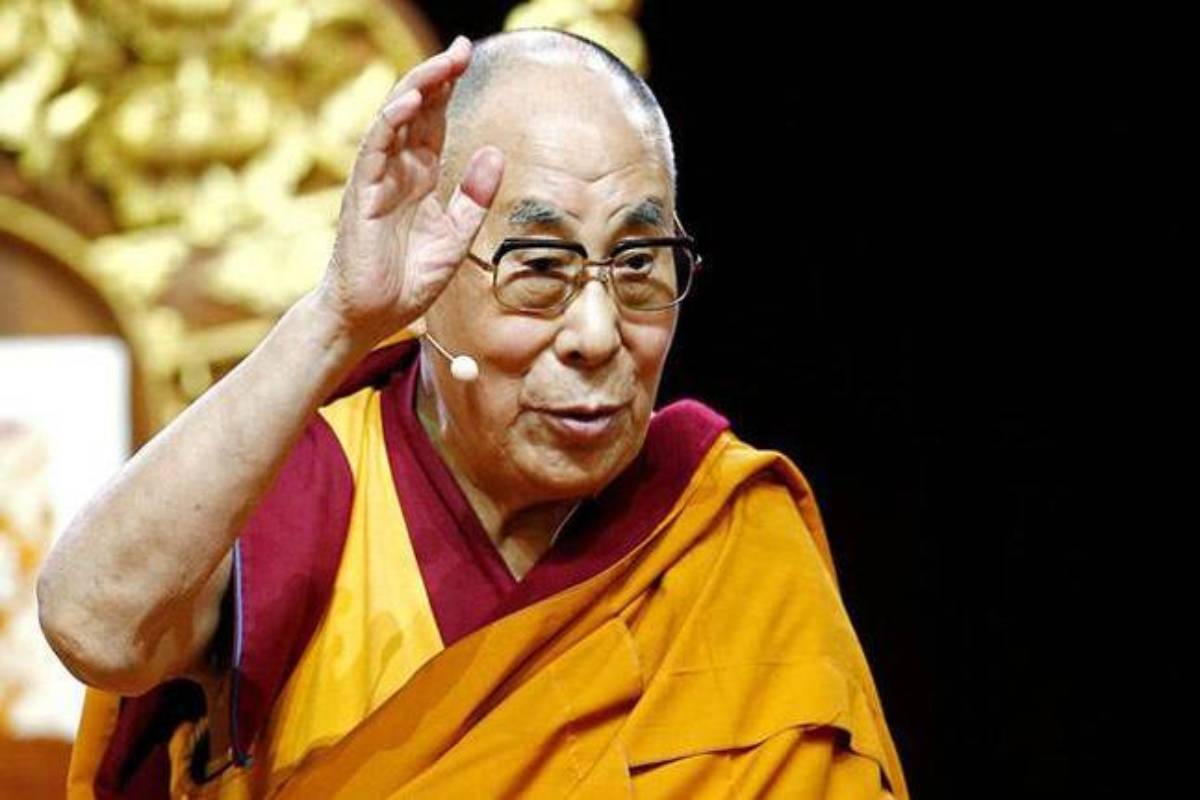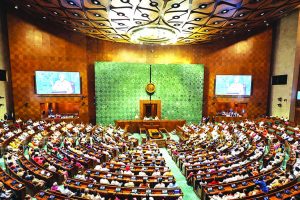The visit by US lawmakers to meet the Dalai Lama in India marks a significant moment in the on-going Tibet-China dispute. This gesture, coupled with the “Promoting a Resolution to the Tibet-China Dispute Bill” ~ passed by the US Congress ~ signals a shift in US policy that could have profound implications for Sino-American relations and the future of Tibetan autonomy. For decades, the Dalai Lama has been a symbol of peaceful resistance and spiritual resilience. His exile from Tibet in 1959 and his subsequent life in India have highlighted the struggles of the Tibetan people under Chinese rule.
The meeting between the Dalai Lama and influential US lawmakers, including Mr Michael McCaul and Ms Nancy Pelosi, underscores a renewed commitment from Washington to support Tibetan rights and challenge Beijing’s heavy-handed policies in the region. China’s insistence on controlling the succession of the Dalai Lama illustrates its broader strategy of exerting influence over Tibetan Buddhism and suppressing any form of dissent. Beijing’s stance that its atheist leaders should approve the Dalai Lama’s successor is not only an affront to Tibetan spiritual traditions but also a clear attempt to legitimise its rule over Tibet. The Dalai Lama’s suggestion that his successor might be found in India further complicates China’s narrative and asserts Tibetan agency in spiritual matters.
Advertisement
The Resolve Tibet Bill is a legislative milestone that sends a clear message to Beijing that the international community, led by the United States, is no longer willing to passively accept China’s dominance over Tibet. If President Joe Biden signs this bill into law, it would represent a significant departure from the longstanding US policy of recognising Tibet as part of China. Such a move would undoubtedly escalate tensions between the two superpowers, but it would also reaffirm America’s commitment to human rights and self-determination. India’s role in this geopolitical drama is also noteworthy. As the host country of the Dalai Lama and home to a substantial Tibetan exile community, India has a vested interest in the outcome of the Tibet-China dispute.
The strained relationship between India and China, particularly following the 2020 border clashes, adds another layer of complexity. Strengthening ties with the US and supporting the Tibetan cause aligns with India’s strategic interests and its efforts to counterbalance China’s growing influence in the region. This renewed focus on Tibet by US lawmakers could set a precedent for other countries to adopt similar policies, creating a broader coalition advocating for Tibetan rights. The global community’s increased attention on Tibet might pressure Beijing to reconsider its hard-line approach and engage in meaningful negotiations with Tibetan leaders. However, it is crucial to recognise that the Dalai Lama has consistently advocated for genuine autonomy rather than outright independence for Tibet. This “middle way” approach seeks to preserve Tibet’s cultural and religious identity while remaining within the framework of the Chinese state.











